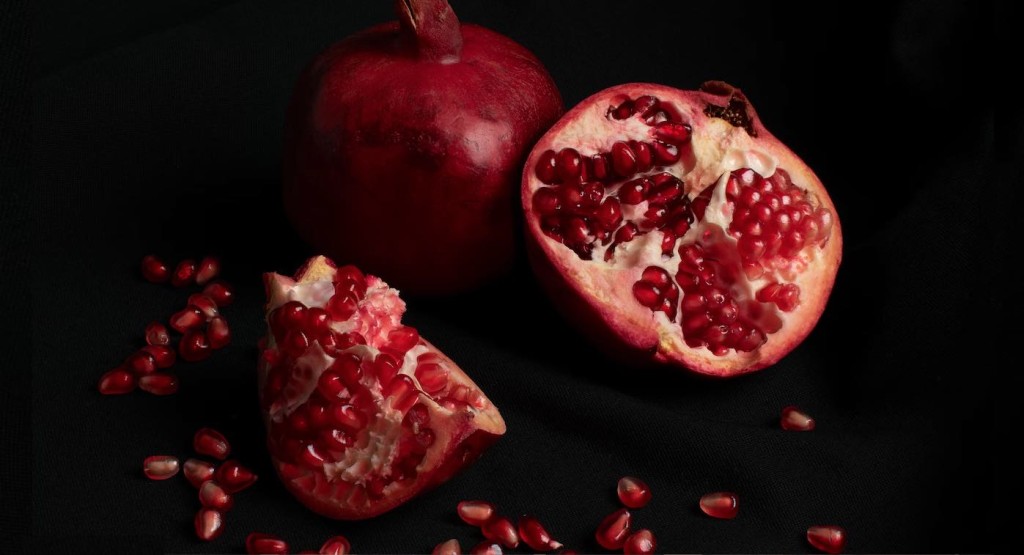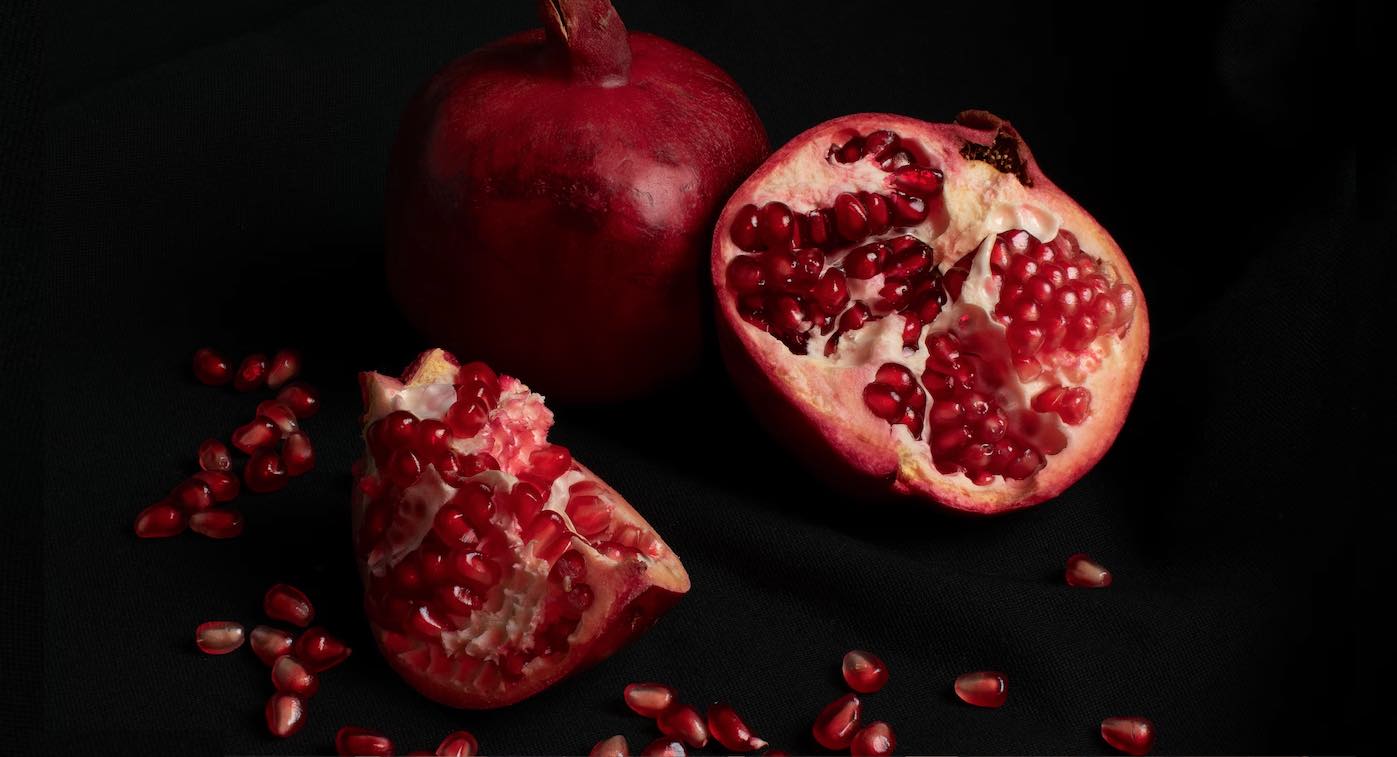
A new study shows that a substance found in pomegranates significantly boosts the immune system to fight cancer—triggering a constant supply of endless rejuvenated T cells.
German scientists studying therapies for colorectal cancer discovered that a metabolite in the red fruit, known as urolithin-A, rejuvenates immune T cells to make them better at fighting tumors.
Early diagnosis and treatment for colon cancer has improved in recent years but not all patients respond well to new treatments—so it remains a disease with high mortality rates in advanced stages.
Current research suggests that immune cells that are supposed to fight the tumor are suppressed by the surrounding tissue of the tumor. As a result, T cells, which are the body’s natural immune response agains cancer, are restricted and the tumor is allowed to grow and spread uncontrollably.
A team in Frankfurt led by Professor Florian Greten is now closer to solving the problem. Their discovery shows that urolithin A recycles and renews mitochondria—the so-called power plants inside T cells—through a process known as mitophagy.
When the pomegranate agent is introduced, old and damaged mitochondria in the T cells are removed and replaced by new, functional ones. This changes the genetic make up of the T cells, which are then more capable of fighting the tumor.
“Our findings are particularly exciting because the focus is not on the tumor cell but on the immune system—the natural defense against cancer,” said Dr. Dominic Denk of the Frankfurt University Hospital and first author of the study.
“This is where reliable therapeutic approaches are still lacking in the reality of colorectal cancer patients. By improving the combination therapy with existing immunotherapies, the study opens up meaningful possibilities.”
“We hope to use this to sustainably improve the therapy of colorectal cancer, but also of other cancers.”
LOOK: 8 Under-Appreciated Autumn Veggies and Fruits You Should Be Eating
The researchers demonstrated the therapeutic potential of urolithin A in two ways: On the one hand, urolithin A can be ingested using pomegranates directly as a food in the preclinical model, which limits tumor growth and even acts synergistically with existing immunotherapy. On the other hand, the benefits of urolithin A were also observed on human T cells in the laboratory. In vitro treatment with urolithin A “rejuvenates” human T cells, producing T memory stem cells—potent immune stem cells that, due to their ability to divide, constantly supply the immune system with rejuvenated, non-exhausted T cells.
Building on these findings, which were published in the journal Immunity, the researchers plan to apply urolithin A in clinical trials in treatments for people with colon cancer.
“We are very pleased that we can now quickly transfer our results to the clinic and look forward with excitement to the upcoming clinical trials,” concluded Prof. Greten of Georg-Speyer-Haus.
FEED This Cancer Food to Friends and Family on Social Media…





















This is really good news!